The most comprehensive motor failure causes and treatment methods in history!
01
Causes of motor failure
Overload: Running the motor under overload for a long time is one of the common causes of motor failure. When a motor is stressed beyond its rated load, it can cause the motor to overheat, break insulation or damage internal components. Overloads can be caused by wrong equipment selection, sudden load increases or operating errors.
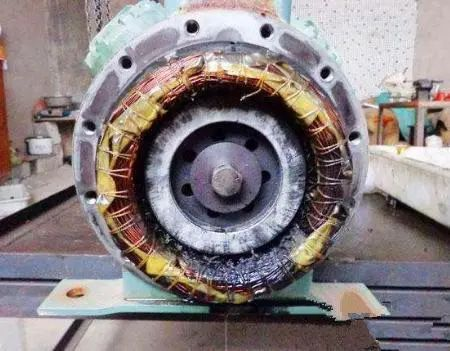
Environmental conditions: Harsh environmental conditions can also cause motor failure. Humidity, dust, chemicals and corrosive gases can get inside the motor and affect its proper operation. Humidity can cause damage to insulation, and dust and chemicals can cause corrosion and wear of components.
Improper Maintenance: Lack of regular maintenance and care is one of the common causes of motor failure. The lubricating oil in the motor needs to be replaced regularly to ensure the normal operation of the motor components. Cleaning the motor housing, tightening the connectors, and regularly checking the motor's operating status are also important maintenance measures. If not properly maintained, the motor may accumulate dust, impurities and oil, affecting heat dissipation and normal operation.
Voltage problem: Too high or too low voltage may cause damage to the motor. Excessive voltage can cause motor overload, overheating and damage to electrical components. A voltage that is too low may cause the motor to not start properly, run erratically, or generate excessive heat. A stable power supply and correct voltage distribution are critical for proper motor operation.
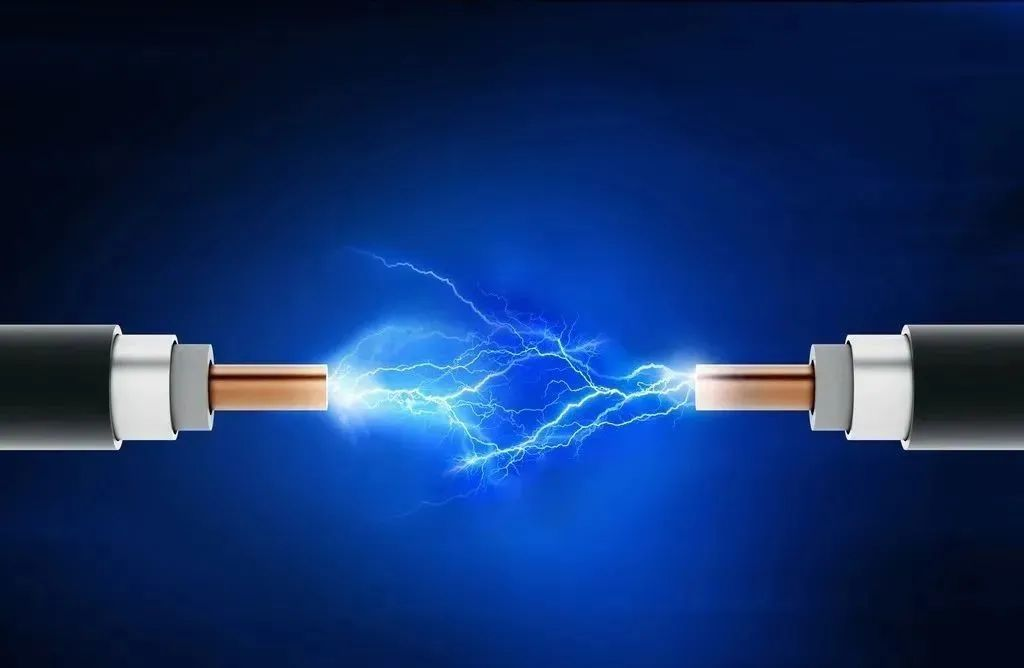
Frequent starting and stopping: Frequent starting and stopping may bring additional load and shock to the motor, causing fatigue and damage to the mechanical parts of the motor. This situation often arises in equipment or processes that require frequent starts and stops. The use of proper start-stop controls and protective devices can reduce this effect.
DESIGN AND MANUFACTURING DEFECTS: Design or manufacturing defects in the motor may result in failure. Improper material selection, poor machining, or assembly issues can reduce the reliability and life of the motor. These defects may gradually appear during the use of the motor and eventually lead to failure.
External Factors: Motor failures may also be affected by external factors such as power supply interruptions, short circuits, electric shocks, etc. These factors can cause serious damage to the electrical and mechanical parts of the motor. For example, interruption of power supply may cause the motor to stop working suddenly, and electric shock may cause insulation damage of the motor.
In summary, the causes of motor failure include overload, harsh environment, improper maintenance, voltage problems, frequent start and stop, design and manufacturing defects, and external factors. Understanding these reasons can help us take corresponding preventive and maintenance measures to reduce the occurrence of failures and ensure the reliable operation of the motor.
Now that we understand some common motor failure causes, let's take a look at how to deal with them effectively:
02
How to deal with motor failure
Rapid diagnosis of faults: When there is a problem with the motor, timely and accurate fault diagnosis is the key to deal with the fault. Observe the running status of the motor, and pay attention to whether there is any abnormal sound, vibration or peculiar smell. Use diagnostic tools, such as thermal imagers and vibration analyzers, to help determine the specific cause of failure. With prompt and accurate diagnosis, solutions can be better formulated.
Shutdown and safety: If the motor fails, first stop it immediately and take necessary safety measures. Cut off the power supply to ensure that the motor is in a safe state. This will prevent further damage and keep the operator safe.
Check the Power and Electrical System: Always check the power supply and electrical system for proper operation before addressing a motor failure. Make sure the voltage is stable and there are no high or low voltage fluctuations. Check that the electrical connections are tight, and that the fuses and circuit breakers are working properly. If electrical problems are found, fix them in time.
Temperature Control and Heat Dissipation: Overheating is one of the common causes of motor failure. It is very important to ensure that the temperature of the motor is within a safe range. Use a heat sink, fan or cooling system to control the temperature of the motor. Clean the radiator and fans to make sure they are functioning properly. Also, make sure there is good ventilation around the motor to avoid blockages.
Maintenance and Maintenance: Regular maintenance and maintenance is the key to preventing motor failure. Create a maintenance schedule and follow proper maintenance procedures according to the manufacturer's recommendations. Regularly change the lubricating oil, clean the motor casing, and check the tightness of the wire connections and fasteners. Regularly check the running status of the motor, including observing indicators such as noise, vibration and temperature.
Proper Loading and Operation: Avoiding overloading a motor is an important step in preventing failure. Make sure the motor works within its rated load range, and avoid long-term overload operation. Reasonably plan work tasks to avoid sudden load changes and frequent start-stop operations.
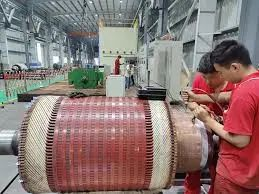
Seek professional help: Seeking professional help is wise when dealing with complex motor failures. Motor repair and maintenance experts have the experience and knowledge to accurately diagnose problems and provide effective solutions. Do not attempt to fix complex faults yourself, as this could further damage the device.
Through the above methods, we can effectively deal with motor failures, ensure the normal operation of the equipment and prolong the service life of the motor.
03
Summarize
To sum up, motor failures can be prevented and resolved. Through regular inspection and maintenance, proper loading, temperature control, fault diagnosis and repair, and awareness raising through training, safe shutdown, and seeking professional help are critical steps in handling motor failures. The risk of motor failure can be reduced and efficient operation of the motor can be ensured.



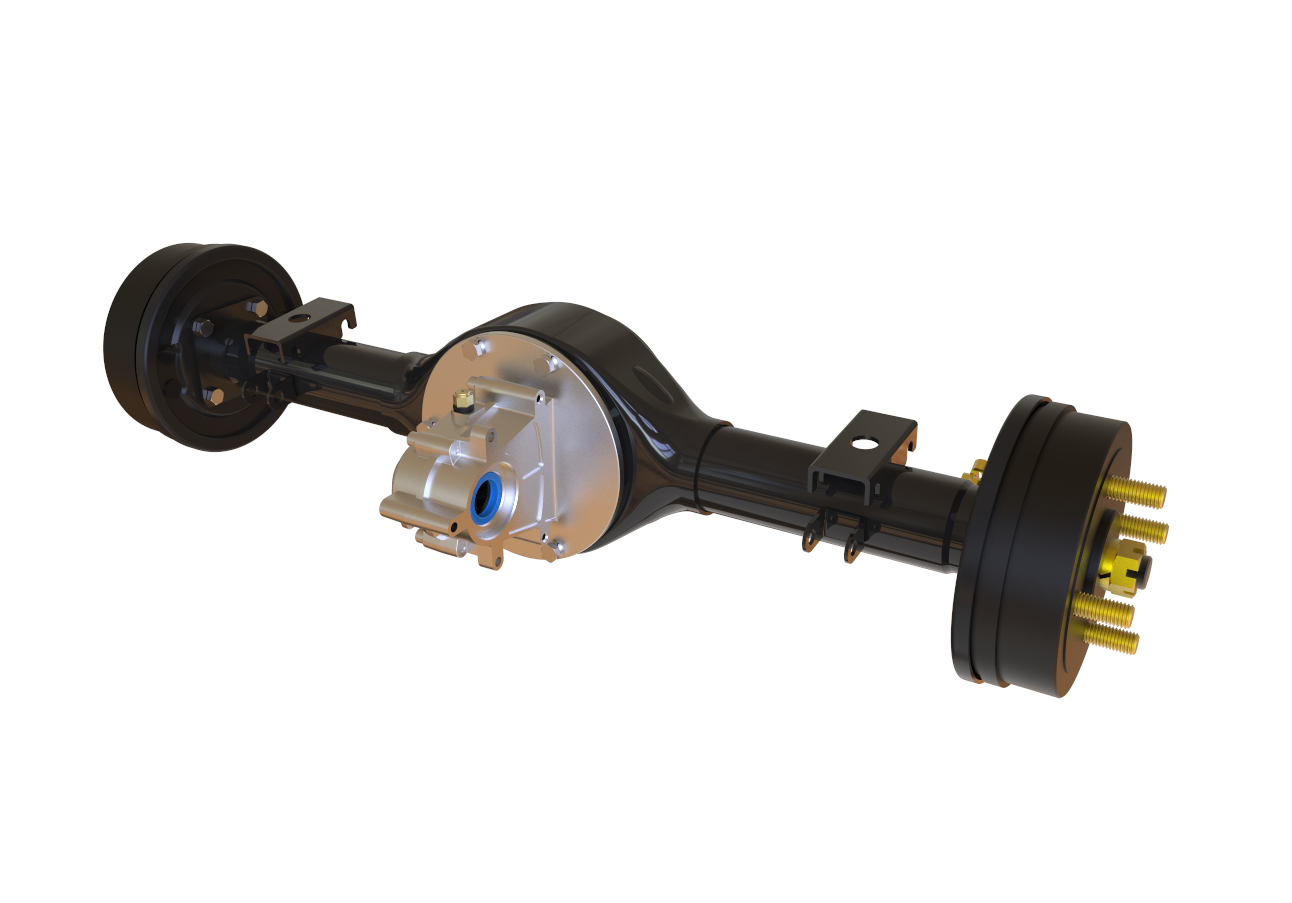
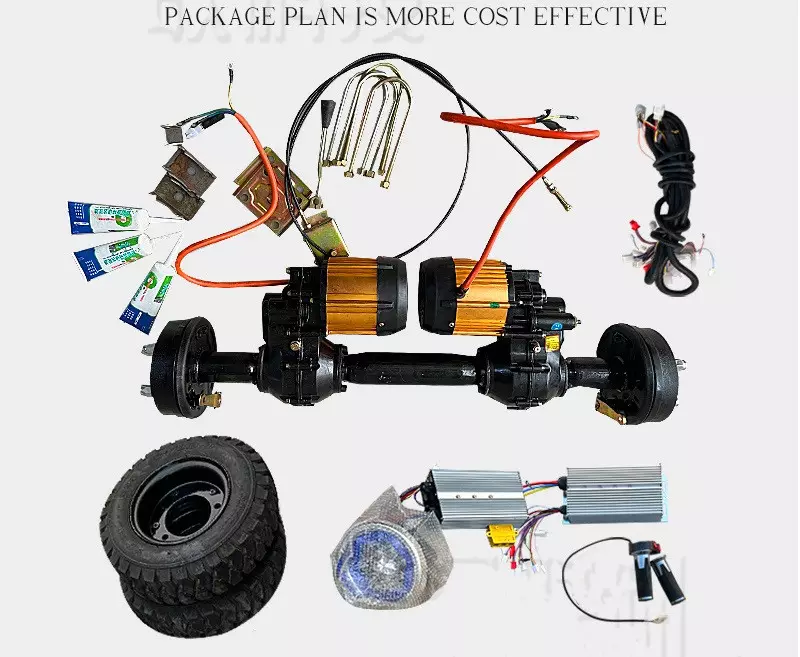

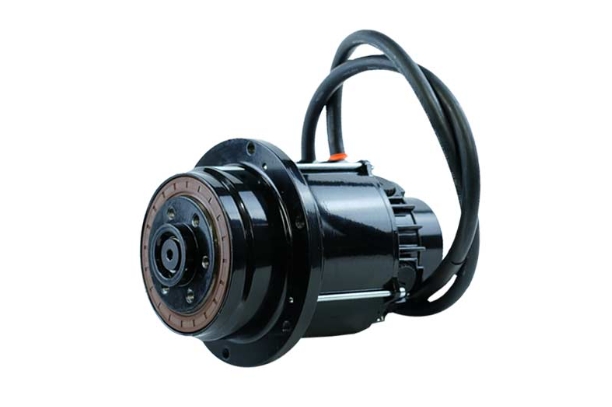
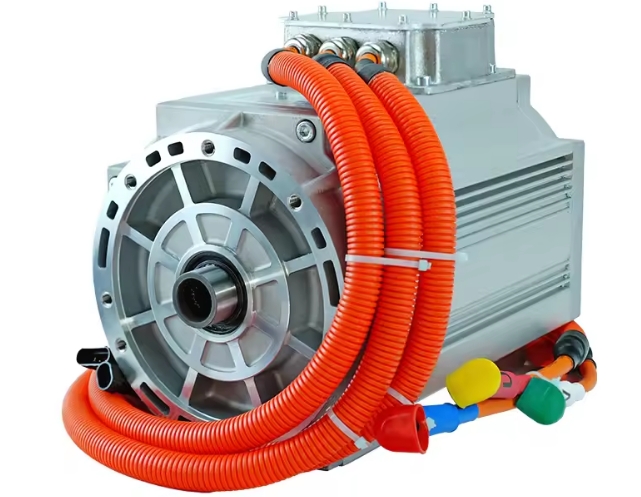
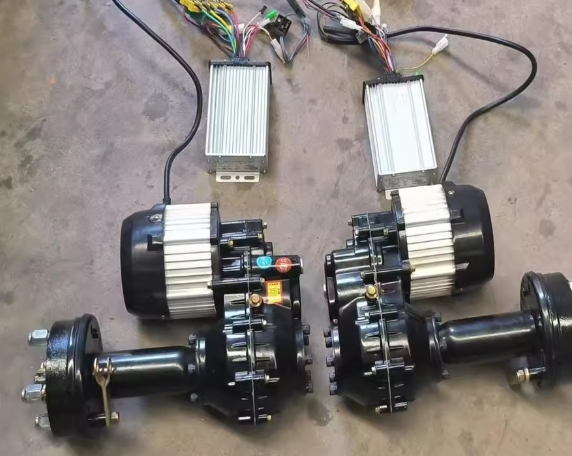
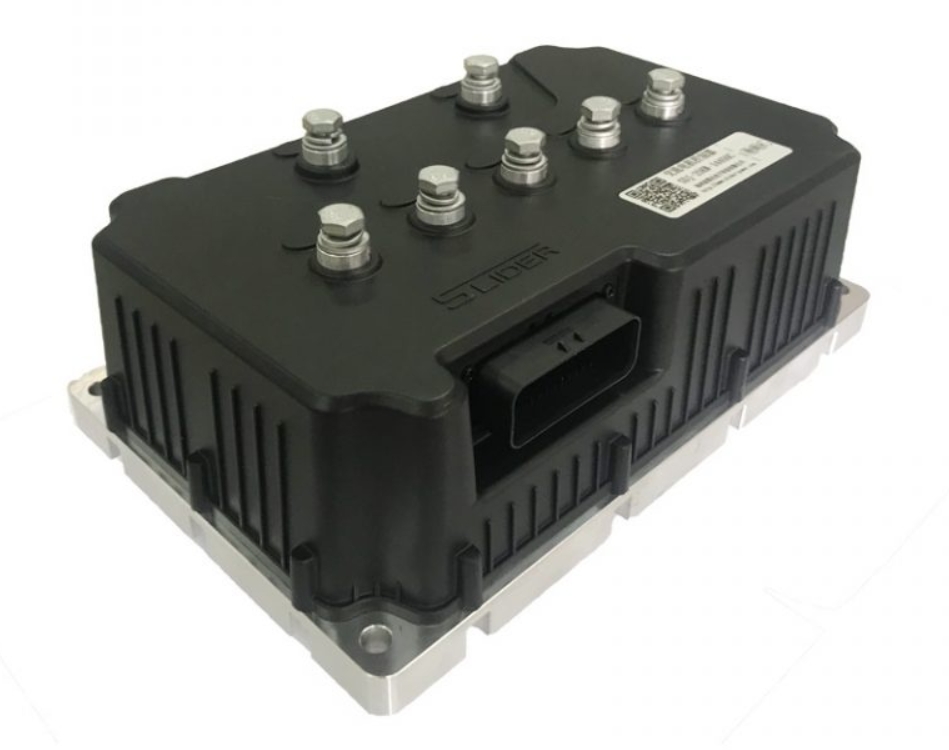

















 XINDA
XINDA